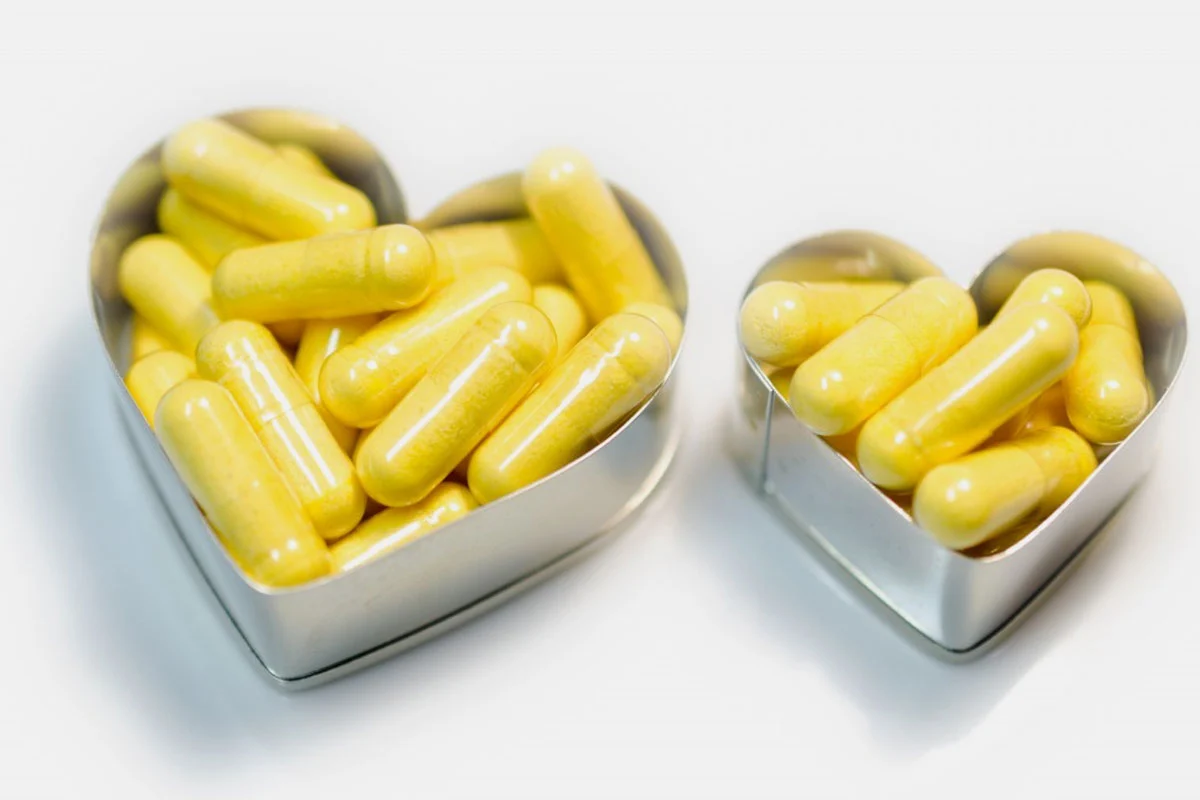The effectiveness of the HMG-CoA reductase inhibitor drugs, the so-called “statins,” in lowering serum cholesterol concentration cannot be denied. However, CoQ10 production and cholesterol synthesis share the same biochemical pathway. As could be predicted from these pathways in the liver effectively blocking cholesterol production can also lead to blocking CoQ10 production. Numerous studies have proven this to be the case.14,15
The results of this drug-induced mild CoQ10 deficiency is not without harm – it is associated with damage to hard-working muscles. These potentially detrimental effects have been reported in several journals.16,17 In terms of the side effects of statin therapy, published studies have found fundamental derangements in muscle cell metabolism with exposure to statins.18 Several recent reports indicate that these drugs impact the nerves that communicate with muscles in addition to affecting the mitochondria of all muscles, including the heart muscle.19,20 Depleted levels of CoQ10 could play a major role in these side effects of statin drugs.
The good news – dietary supplementation with CoQ10 may help overcome the potential interference of statin drugs with CoQ10 metabolism.21 And CoQ10 is very safe – amounts of up to 3000 mg daily are considered safe.22
Thus, if you choose to use cholesterol-lowering medication to protect your heart and circulatory system, don’t be counterproductive. Really protect yourself – supplement with CoQ10 to replenish what you lose with the use of statin drugs. Add this vital nutrient to your Healthy Heart program.
References:
14. Rundek T, Naini A, Sacco R, Coates K, DiMauro S. Atorvastatin decreases the coenzyme Q10 level in the blood of patients at risk for cardiovascular disease and stroke. Arch Neurol 2004;61:889-892.
15. Thompson PD, Clarkson P, Karas RH. Statin-associated myopathy. JAMA 2003;289:1681-1690.
16. Tomlinson SS, Mangione KK. Potential adverse effects of statins on muscle. Phys Ther 2005;85:459-465.
17. Baker SK. Molecular clues into the pathogenesis of statin-mediated muscle toxicity. Muscle Nerve 2005;31:572-580.
18. Paiva H, Thelen KM, Van Coster R, Smet J, De Paepe B, Mattila KM, Laakso J, Lehtimaki T, von Bergmann K, Lutjohann D, Laaksonen R. High-dose statins and skeletal muscle metabolism in humans: A randomized, controlled trial. Clin Pharmacol Ther 2005;78:60-68.
19. Baker SK, Tarnopolsky MA. Statin-associated neuromyotoxicity. Drugs Today 2005;41:267-293.
20. Nawarskas JJ. HMG-CoA reductase inhibitors and coenzyme Q10. Cardiol Rev 2005;13:76-79.
21. Ferrante KL, Shefner J, Zhang H, Betensky R, O’Brien M, Yu H, Fantasia M, Taft J, Beal MF, Traynor B, Newhall K, Donofrio P, Caress J, Ashburn C, Freiberg B, O’Neill C, Paladenech C, Walker T, Pestronk A, Abrams B, Florence J, Renna R, Schierbecker J, Malkus B, Cudkowicz M. Tolerance of high-dose (3,000 mg/day) coenzyme Q10 in ALS. Neurology 2005;65:1834-1836.
22. Chopra RK, Goldman R, Sinatra ST, Bhagavan HN. Relative bioavailability of coenzyme Q10 formulations in human subjects. Intern J Vit Nutr Res 1998;68:109-113.









